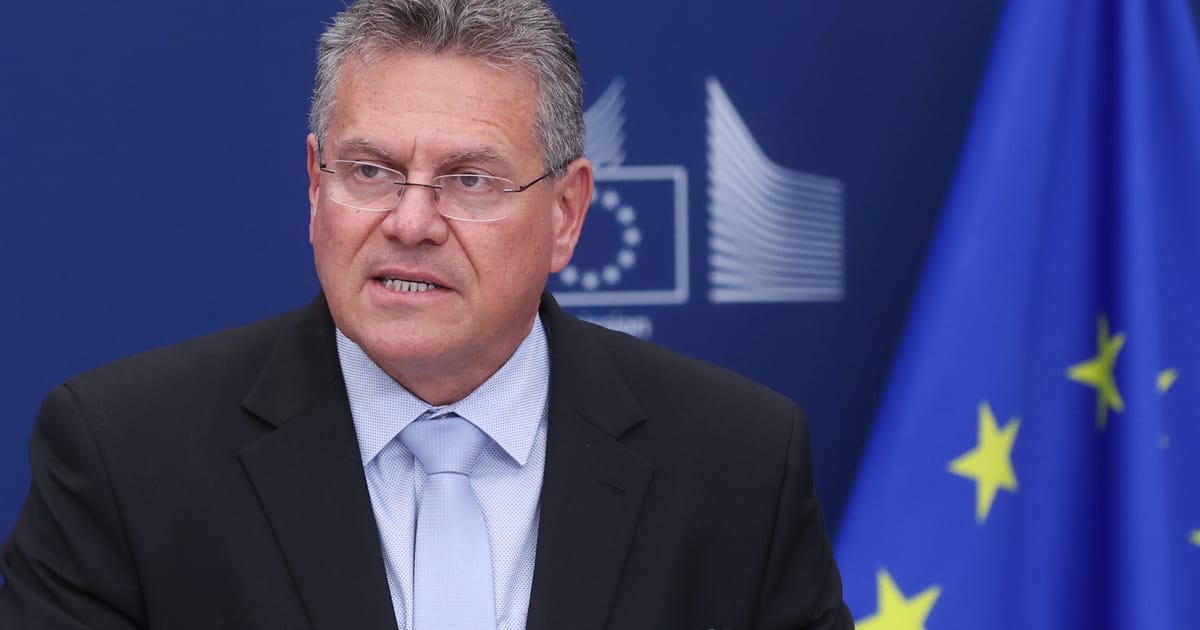

In a week marked by vibrant developments on the global stage, efforts to bolster international trade and economic cooperation emerged amid challenges. The European Union, responding to potential shifts in US trade policy under President Donald Trump, is seeking to foster stability by weighing a provisional trade deal. This initiative, presented with a suggested 10 percent tariff, aims to circumvent harsher commercial constraints while underscoring the EU’s commitment to negotiation over conflict. This level-headed approach is mirrored by their readiness to impose calculated countermeasures, should the need arise.
This move comes as President Trump threatens to levy a 17% tariff on imported European food and agricultural products, an action that could affect cherished items ranging from Belgian chocolates to Italian olive oil. European officials express a strong inclination towards dialogue and reconciliation, emphasizing agreements founded on mutual respect and shared economic interests. They maintain a composed demeanor, prepared for any necessary measures to uphold the economic welfare of member states, reflecting a steadfast yet serene resolve amid potentially turbulent circumstances.
Concurrently, President Trump has signed the expansive “One Big Beautiful Bill,” an influential legislative package that traverses multiple domains of domestic interest. Enacted on Independence Day, this budgetary blueprint symbolizes the administration’s strategic directives, carrying implications for the nation’s economic landscape. This event, accented by a dramatic military display over the White House, highlights the administration’s focus on fostering economic growth from a position of strength.
The robustness and intricacy of such developments on the global front resonate with efforts pursued by the BRICS association, where Brazil’s President Lula da Silva advocates for innovative financial frameworks. Lula stresses the importance of developing new funding mechanisms tailored to uplift developing nations and address climatic challenges. By highlighting the need for reformative financial strategies, Brazil underscores a vision for balanced development, promoting prosperity that transcends existing barriers.
The juxtaposition of these initiatives reflects a period of introspection and forward-thinking actions on the global stage. It illustrates a conscious endeavor by nations to navigate economic uncertainties with prudence and innovation. As stakeholders in international trade and economic growth detail their strategies, a common theme resonates—a harmonious emphasis on negotiating pathways to stability, progress, and shared prosperity.
In embracing these inclusive and constructive approaches, the global community sets a precedent for collaborative progress, highlighting the enduring power of diplomacy, cooperation, and mindful negotiation in steering the course of international relations. The unfolding scenarios across Europe, the United States, and BRICS exemplify the potential for unity and mutual advancement within a framework of respect and acknowledgment of diverse needs.
Source: {link}
